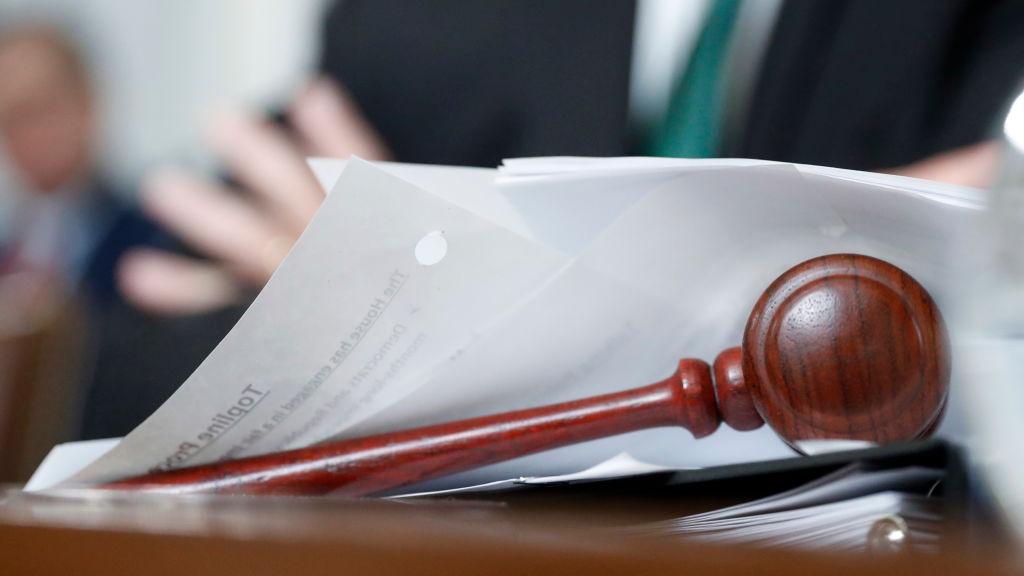A Canadian immigration tribunal has decided to deport a Chinese woman due to her work for a Beijing foreign interference agency. The ruling follows a 2022 federal court finding that exposed the agency’s involvement in espionage against Canada.
The Immigration and Refugee Board (IRB) ruled that Jing Zhang had worked for the Overseas Chinese Affairs Office (OCAO). The OCAO is the external office of the United Front Work Department, an agency known for its involvement in foreign interference activities for the Chinese regime.





